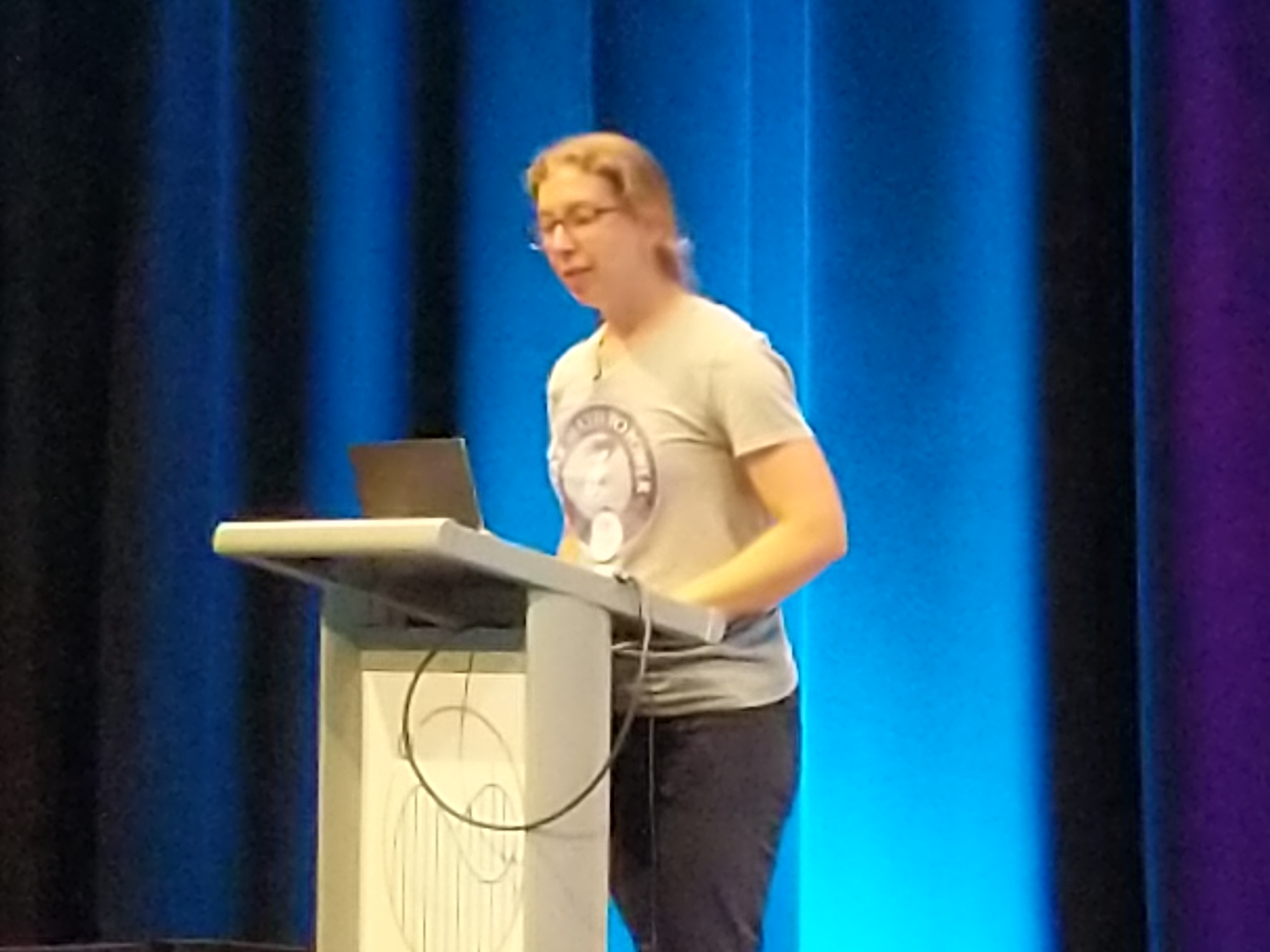Keynote: Who cares about Democracy? by Vanessa Teague
The techniques for varifying electronic elections are probably to difficult for real voters to use.
The ones that have been deployed have lots of problems
Complex maths for end-to-end varifiable elections
– people can query their votes to varify it was recorded
– votes are safely mixed so others can’t check.
Swisspost/Scytl System
– 2 bugs. One in the shuffling, one in decryption proof
End-to-end verifiable elections: limitations and criticism
- Users need to do a lot of careful work to verify
- If you don’t do it properly you can be tricked
- You can ( usually ) prove how you voted
- Though not always, and usually not in a polling-place system
- Verification requires expertise
- Subtle bugs can undermine security properties
What does all this have to do with NSW iVote?
- Used Closed source software
- Some software available under NDA afterwards
- Admitted it was affected by the first Swiss bug. This was when early voting was occuring
- Also so said 2nd Swiss bug wasn’t relevant.
- After code was available they found it was relevant, a patch had been applied but it didn’t fix the problem
- NSW law for election software is all about penalties for releasing information on problems.
Victoria has passed a bill that allows elections to be conducted via any method which is aimed at introducing electronic voting in future elections
Electronic Counting of Paper Records
- Keynote: Who cares about Democracy? by Vanessa TeagueVarious areas have auditing software that runs against votes
- This only works on FPTP elections, not Instant-runoff elelctions
- Created some auditing software what should work, this was testing using some votes in San Francisco elections
- A sample of ballots is taken and the physical ballot should match what the electronic one said it is.
Australian Senate vote
- Auditing not done, since not mandated in law
What can we do
- Swiss has laws around transparency, privacy and varivication
- NSW Internet voting laws is orientated around protecting the vendors by keeping the code secret
- California has laws about Auditing
- Australian Senate scrutineering rules say nothing about computerised scanning and auting
- Aus Should
- Must be a meaningful statistical audit of the paper ballots
- with meaningful observation by scrutineers
In Summary
- Varifiable e-voting at polling place is feasible
- over the Internet is an unsolved problem
- The Senate count at present provides no evidence of accuracy
- but would if a rigorous statistical audit is mandated
How else to use verifiable voting technology?
- Crowsourcing amendments to legislation with a chance to vote up or down
- Open input into parliamentary quesions
- A version for teenagers to practice debating what they choose
